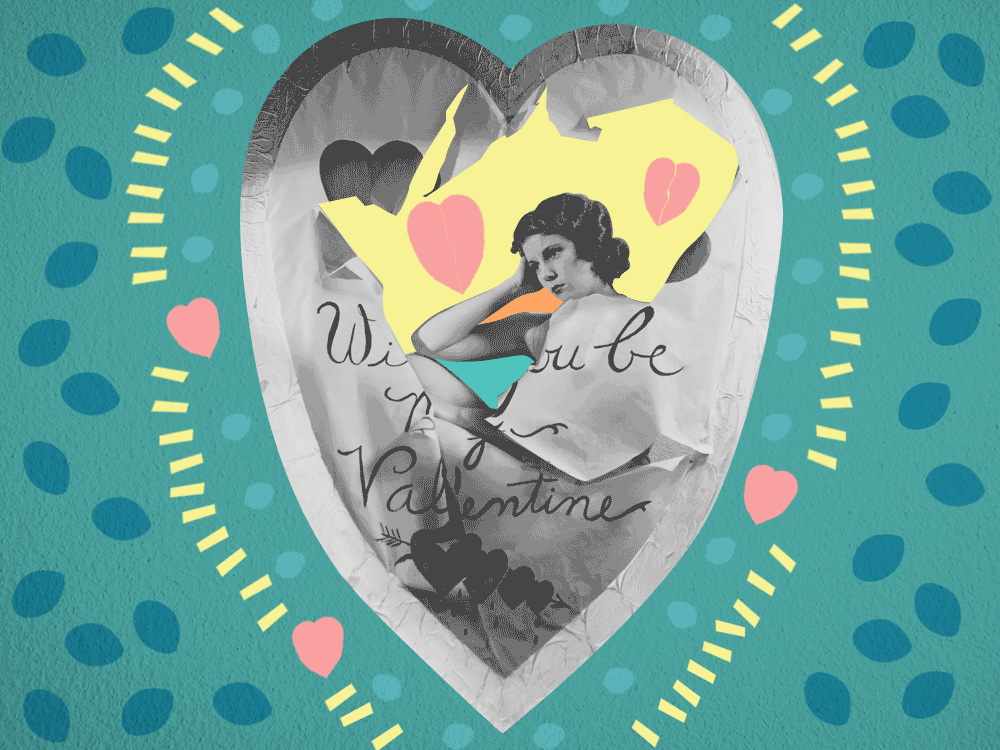Love Hurts

When a friend says, “I’ve been dumped, I’m in pain!” after a romantic relationship fizzles, they may be telling the literal truth, says LSA Assistant Professor of Psychology Ethan Kross.
“They may be experiencing physical pain in the body,” he says. “You can’t say it’s all in someone’s head.”
Kross’ research gives new meaning to the idea that love—as Gram Parsons and Emmylou Harris so famously sang—hurts, wounds, and marks. “There are regions of the brain that track the feeling of distress,” he says, “and there are regions that become active when you experience a painful sensation.” After intense rejection from a romantic partner, “both regions of the brain are recruited,” he says.
To look at both of those regions, Kross and colleagues from Columbia University and the University of Colorado, Boulder, conducted functional M.R.I. brain scans on 40 individuals who had recently experienced an unwanted romantic breakup.
The researchers asked the willing participants to look at a photograph of their ex-partner and think about the specific rejection experience. Later, they were shown the photograph of a friend and asked to think about a positive experience, while technicians watched their brain activity. To see which areas of the brain are activated during physical pain, the participants experienced a harmless simulation on their forearm of something hot (think spilled coffee), and then something that was just warm.
As it turned out, a really bad breakup and spilled coffee caused similar reactions in regions of the brain that support painful sensation.
So the next time a friend complains about the pain of a breakup, “you may not want to trivialize it,” Kross says. The pain is all too real.

